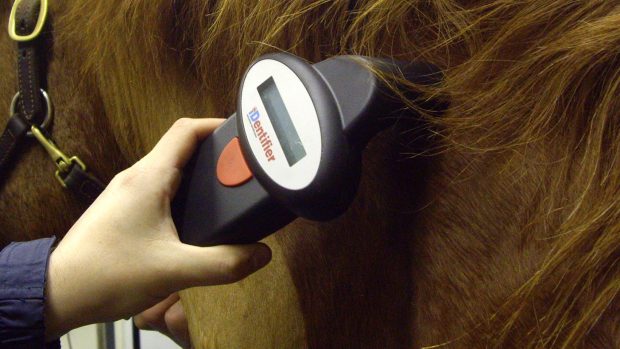A horse in need of emergency medication from a vet can be treated with drugs even if its passport is not immediately available. This is one of several points the government has clarified for vets and horseowners.
Confused vets asked the government-run Veterinary Medicines Directorate for guidance over the way medicines and vaccinations should be recorded on horse passports.
Chris House of the British Equine Veterinary Association (BEVA) said: “We are very pleased they have cleared up the uncertainty over emergency medicine.
“The previous advice suggested that if there was any doubt over a horse’s status, it should be treated as being intended for meat [which may have prevented appropriate drugs being administered].
“Now Defra has allowed vets to act in the interests of the horse first and treat it with whatever drugs they deem necessary in an emergency.
“The horse’s keeper would then be responsible for ensuring that the veterinary treatment is recorded on the horse’s passport.”
Prof Tim Morris of the British Horse Industry Confederation (BHIC) told H&H: “Under European law, the horse is a food-producing animal and, if it is not signed out of the food chain, records of vaccinations and medication must be kept for five years under veterinary medicines regulations.
“With passporting rules on top of these, vets were confused by the legislation.”
The Defra booklet, to be released soon, clarifies that a vet may administer any medicines in an emergency when a horse’s passport is not available, and that vaccinations administered by non-vets should not be written on the passport.
• Visit www.vmd.gov.uk/Publications/leaflets/Horse_Prescriptions.pdf
This article was first published in Horse & Hound (23 September, ’10)




